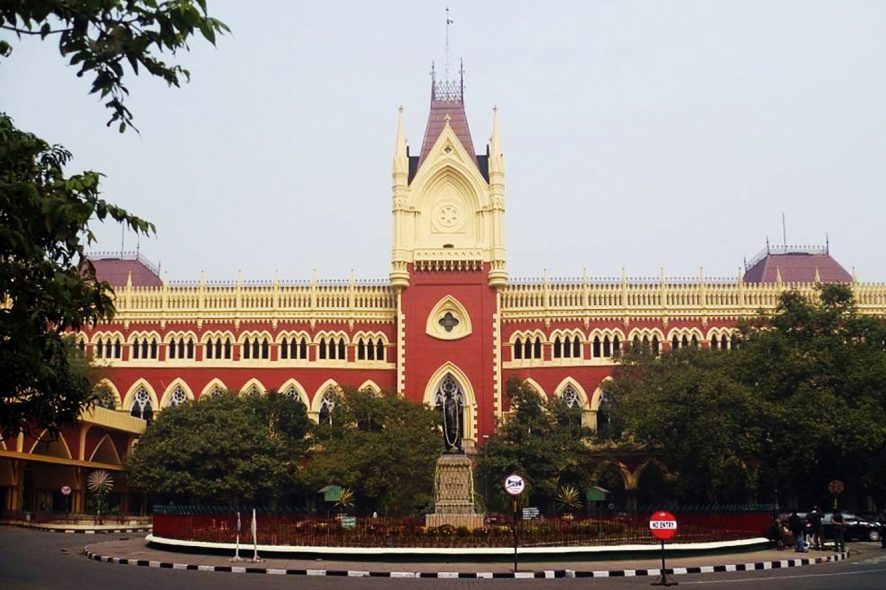Calcutta High Court: While addressing a PIL, the division bench of Jyotirmay Bhattacharya, C.J. and Arjit Banerjee J. held that “No major or arterial road/street must be completely blocked and made inaccessible whether to pedestrians or to motor traffic by reason of holding of a meeting/rally/procession”.
On behalf of the petitioner, the learned counsel of the petitioner has submitted that due to the rallies/meetings/processions of the political parties severe blockage from free movement of the public occurs which certainly poses major problems at large. He also states that it is a hindrance to the constitutional right of the citizens.
Petitioner has primarily sought for the issuance of writ of mandamus to the political authorities, to not block any roads or streets for any assembly or meeting or rally processions during working days as in that case the whole city paralyses from any sort of free movement.
Respondents in their defence stated that the right of the people to hold demonstration cannot be curtailed so long as the same is not violent or destructive and right to protest peacefully is recognized as a fundamental right of the Constitution of India.
However the High Court, further taking instance from the case of Pathumma v. State of Kerala, (1978) 2 SCC 1 observed that, Art. 19(1)(b) of the Constitution guarantees the fundamental right of every citizen to hold peaceful assembly or processions though the same is not an absolute right; it comes with certain reasonable restrictions to it. By stating this, the court also mentioned that right to hold peaceful assembly/rally/procession would not mean that the right to free movement and livelihood of the citizens would be curtailed.
Therefore, by disposing the PIL, the Court directed the State administration to ensure that for future instances action would be taken against any members participating in the rallies/processions/meetings indulging in violent activities or destruction of property and unnecessarily causing hindrance in the free movement of the citizens. [Rituparna Sarkar Dutta v. State of W.B, 2018 SCC OnLine Cal 1921, dated 03.05.2018]






